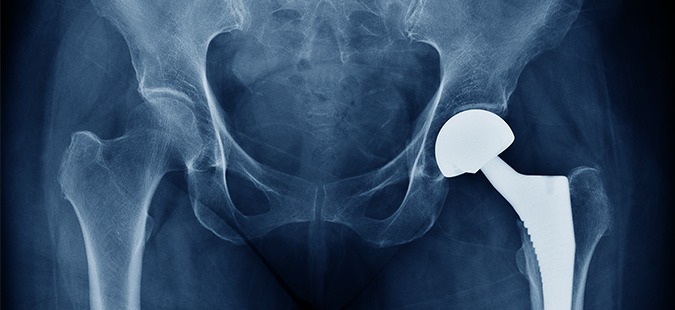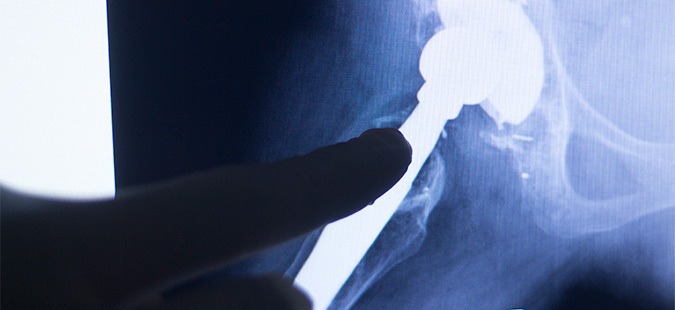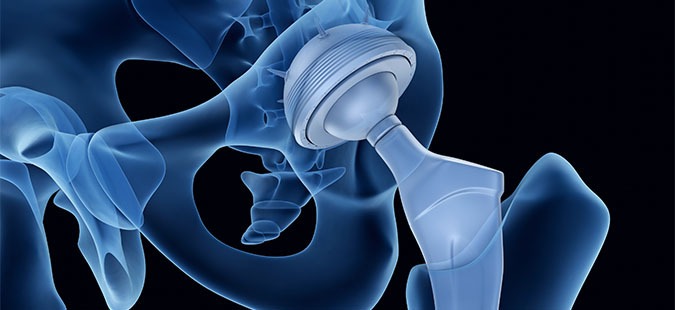On June 28, 2021, the FDA issued a recall of the Exactech Connexion GXL Hip Implant liners. This came following reports of high rates of failure around the 3-6 year mark- significantly sooner than the 15 to 20 years they had been marketed to last for. Although the liners are made of polyethylene, this model has seen rapid deterioration of the liner, exposing the metal and causing the metal components from the implant to rub together. This has resulted in many complications for patients with this implant.
Symptoms related to the Exactech Connexion GXL Hip Implant include:
- Difficulty walking
- Loosening of the implant
- Joint Stiffness
- Swelling and inflammation
- Possible bone degeneration: osteolysis
- Extreme Pain
If you have experienced any of these symptoms because of the Exactech Connexion GXL implant, speak with your doctor to discuss your treatment options. The doctor will likely recommend an X-Ray to check the alignment of the implant and to see if the hip has been fractured, dislocated, or is beginning to deteriorate. Usually, the only way to relieve the symptoms and correct the issue with the faulty device is for the patient undergo a hip revision surgery.
Nobody should be forced to undergo the financial and physical burden of a second surgery after being harmed by a defective product. That’s why The Yost Legal Group is investigating claims for those who have been harmed by the Exactech Connexion GXL hip implant. If you or a loved one has an Exactech Connexion GXL hip implant, you may be entitled to financial compensation. Call The Yost Legal Group at 1-800-YOST-LAW (1-800-967-8529) or email us at info@yostlaw.com today for a free consultation. There is no fee or expense unless you recover.


